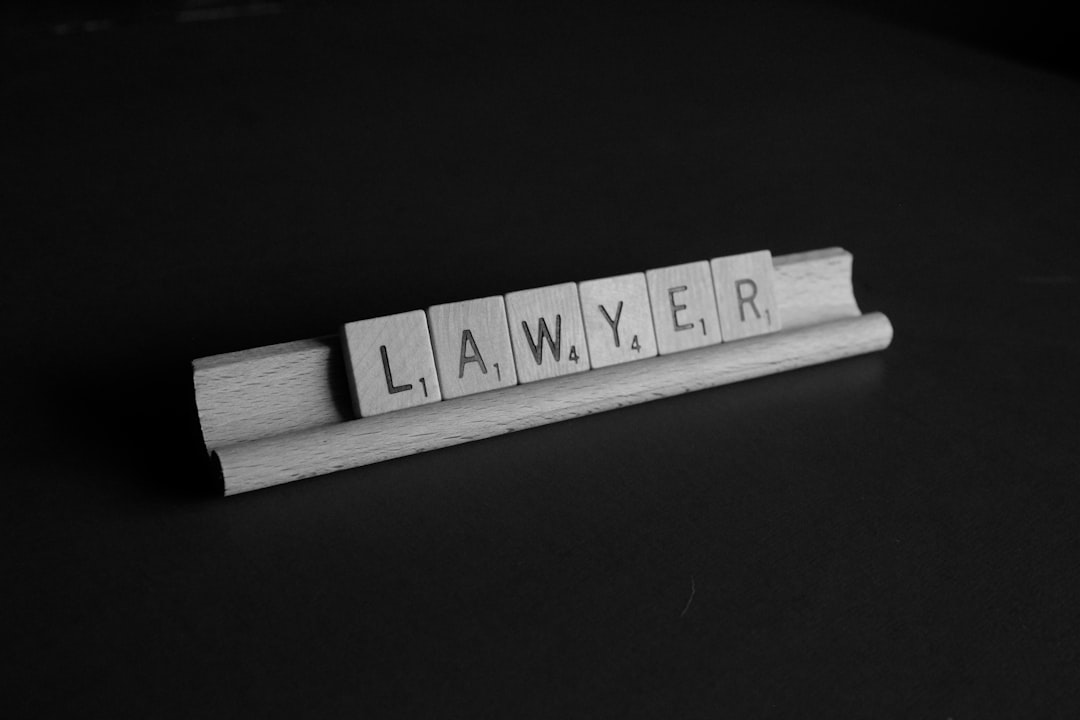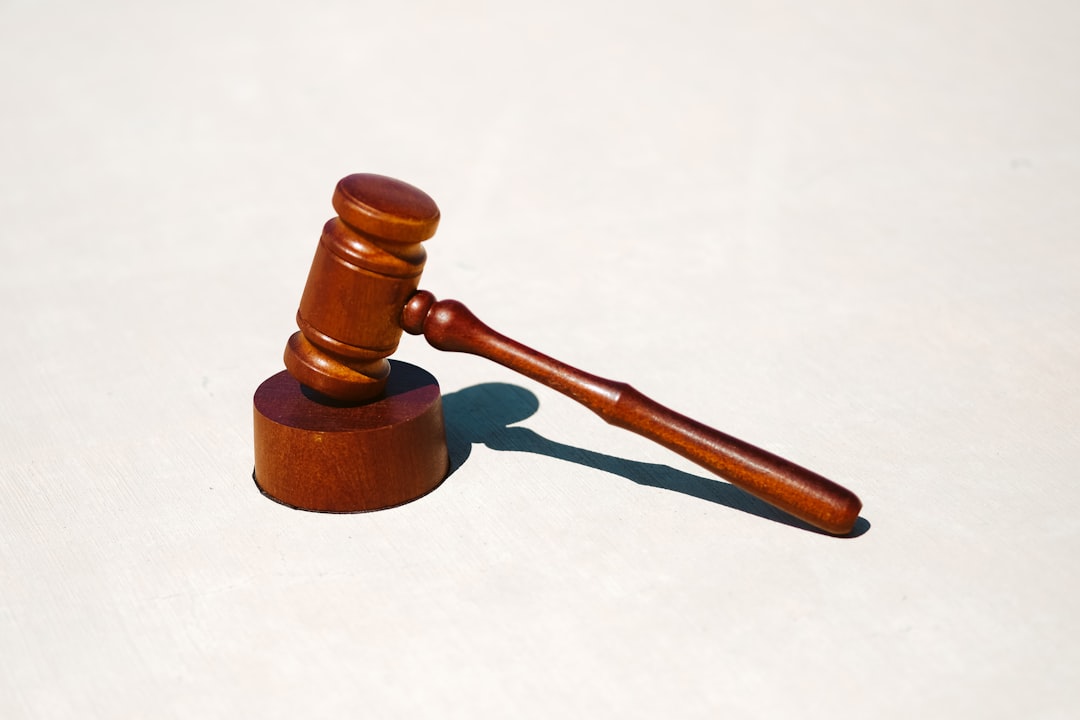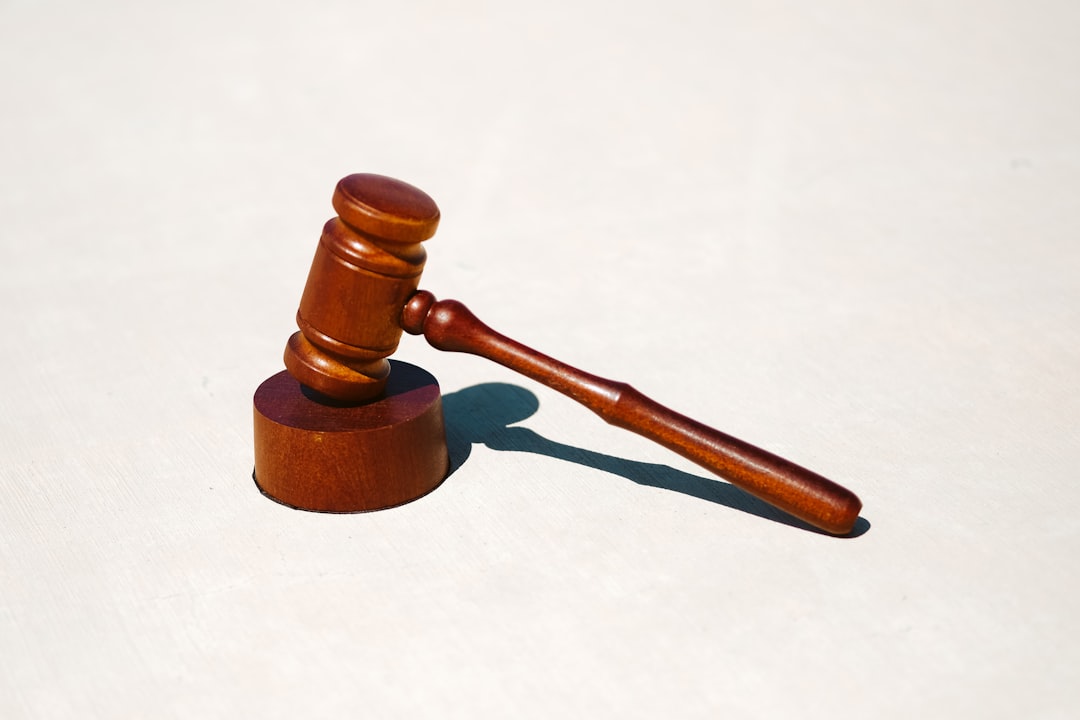Legal Support and Guidance for Sexual Assault Survivors in Maryland
If you’ve experienced sexual assault, knowing your rights and available resources is essential. This comprehensive guide aims to navigate you through the legal process in Maryland, offering insights into various aspects of support. From understanding your legal standing with a dedicated sexual assault lawyer in Maryland to the crucial roles of medical professionals and law enforcement, this article empowers survivors. We also highlight valuable support resources tailored to help you heal and advocate for justice.
Understanding Your Legal Rights After Sexual Assault in Maryland

After experiencing a sexual assault, it’s crucial to understand your legal rights in Maryland. As a survivor, you have the right to seek justice and hold the perpetrator accountable. A sexual assault lawyer in Maryland can guide you through this process, ensuring that your rights are protected and that you receive the support you deserve. They will help you navigate the legal system, explain your options, and advocate for your best interests.
In Maryland, there are specific laws in place to protect victims of sexual assault. These include the right to a safe and secure environment, access to medical care, and support services. A qualified lawyer can assist you in understanding these laws and help you access the resources available to you. They will also ensure that any legal actions taken are done so confidentially and with your safety as a top priority.
What to Expect When Consulting with a Sexual Assault Lawyer in MD

When you consult with a sexual assault lawyer in Maryland, expect a supportive and confidential environment. Your attorney will listen attentively to your story, ensuring every detail is accurately documented for potential legal action. They will explain the legal process clearly, breaking down complex procedures into understandable terms. A skilled sexual assault lawyer will guide you through options such as filing a criminal complaint, pursuing civil litigation for damages, or seeking protection orders against the perpetrator.
During this consultation, it’s crucial to feel heard and validated. Your lawyer should provide resources for emotional support and healthcare, emphasizing that recovery is a process. They’ll assess your case’s strength, discuss potential outcomes, and answer any legal questions you may have. Remember, their primary goal is to advocate for your rights and ensure you receive the justice and compensation you deserve as a sexual assault survivor in Maryland.
The Role of Law Enforcement and Medical Professionals in Maryland Sexual Assault Cases

In Maryland, law enforcement and medical professionals play pivotal roles in the aftermath of a sexual assault. When a victim comes forward, trained officers are tasked with handling the sensitive investigation, ensuring evidence is collected properly to support any potential legal proceedings. A sexual assault lawyer in Maryland often collaborates closely with these authorities to guide victims through the process.
Medical professionals, including nurses and doctors, provide immediate care for survivors and can offer crucial testimony regarding the physical and emotional state of the victim after the incident. Their expertise helps establish timelines and assess injuries, which are essential elements in building a strong case. This collaborative effort between legal representatives and medical specialists ensures that sexual assault victims receive comprehensive support while navigating the legal system with the help of a Maryland sexual assault lawyer.
Support Resources for Victims of Sexual Assault in Maryland

In the aftermath of a sexual assault, victims in Maryland have access to various support resources tailored to help them navigate the challenges ahead. One crucial step is reaching out to a sexual assault lawyer Maryland who can provide legal guidance and ensure their rights are protected. These professionals are well-versed in the complexities of such cases and can offer invaluable assistance throughout the legal process.
Additionally, several organizations operate within the state to offer comprehensive support services. Local crisis centers and hotlines provide immediate assistance, emotional support, and referrals to specialized care. Medical facilities equipped with sexual assault treatment units (SATUs) offer physical examinations, forensic evidence collection, and medical stabilization. These resources collectively aim to empower survivors, facilitate justice, and promote healing in the wake of such traumatic experiences.





